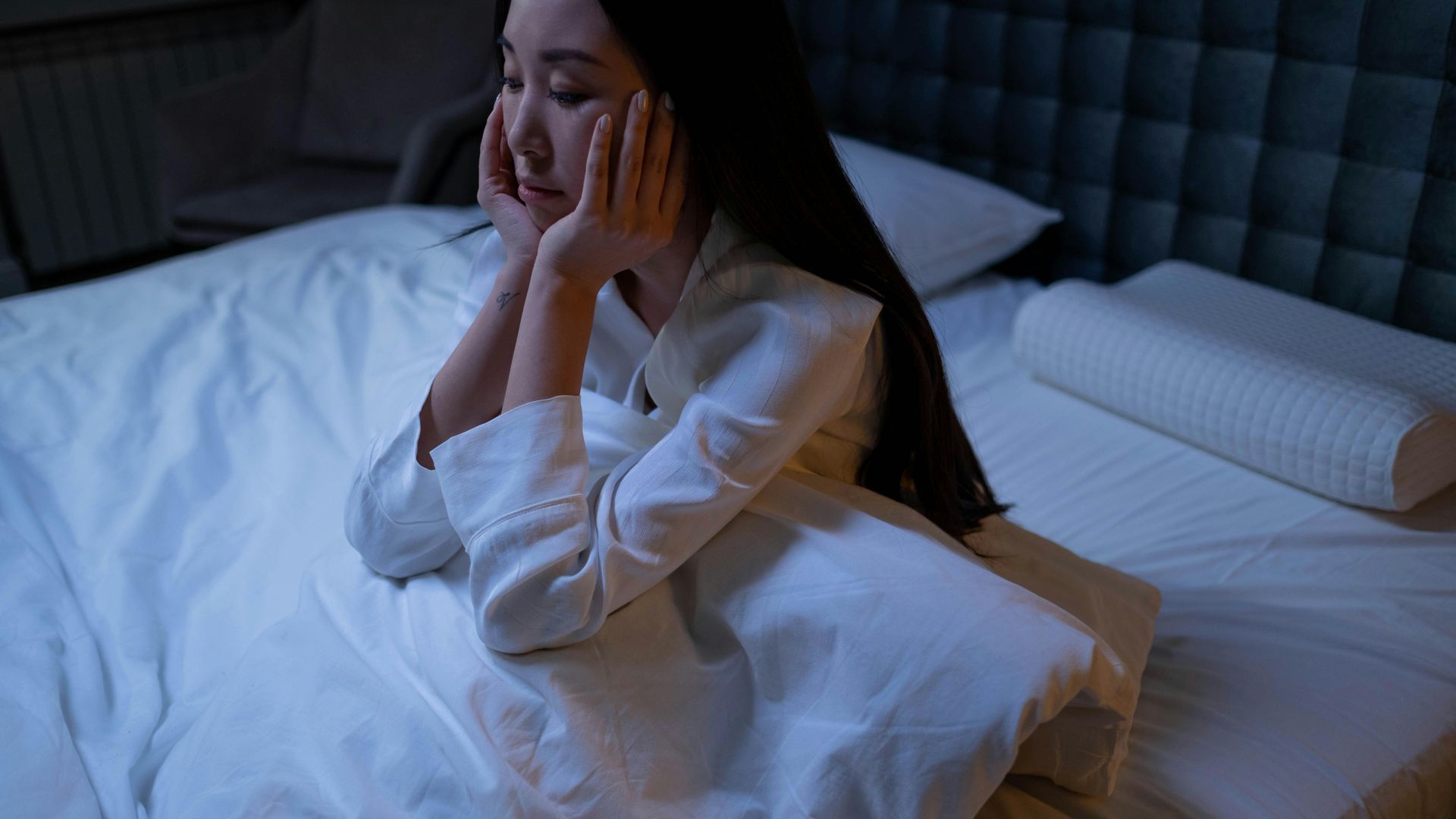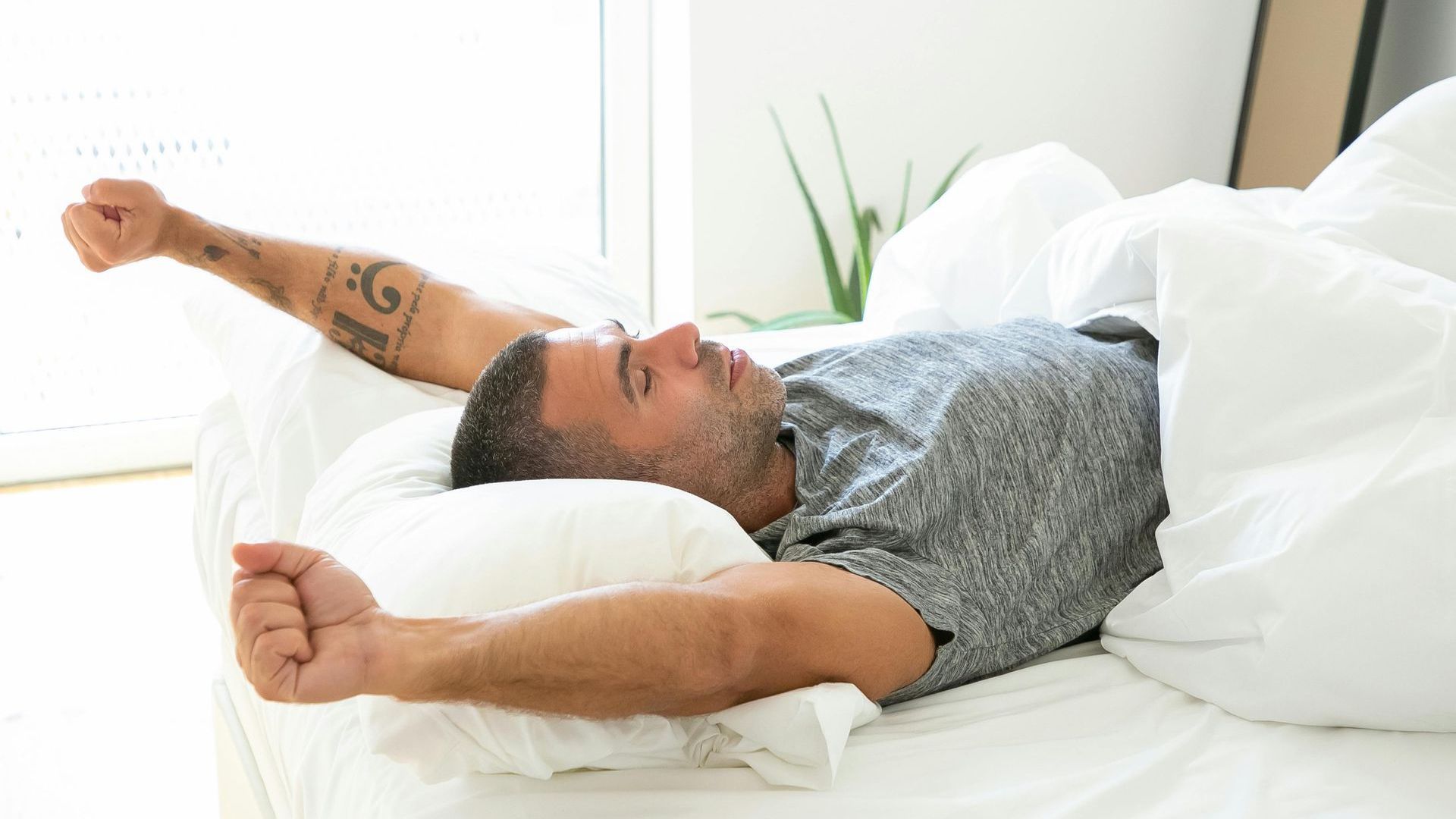Improving Sleep to Improve Your Mental Health
It is conventional knowledge that sleep difficulties and complications often serve as a precursor to further mental health problems, but limited research has been done on how improving sleep can potentially benefit psychological health (Freeman et. al, 2017). Freeman and his colleagues aimed to fill the gap in our understanding of this topic by conducting a randomized controlled study to determine whether treating insomnia—a condition characterized by a lack of sleep—can reduce paranoia and hallucinations while overall providing broader mental health benefits.
Insomnia was defined using the Sleep Condition Indicator (SCI) to standardize insomnia experiences among participants. Mental health outcomes were determined via incidence rates of paranoia episodes, hallucinations, depression, anxiety, and nightmares: these experiences were said to reduce psychological wellbeing. Freeman et. al hypothesized that insomnia causally contributes to mental health problems, meaning improvements in sleep should have the ability to alleviate such issues.


Importance & Real-world applications:
The results of this study are significant as they demonstrate that insomnia is causally related to mental health problems, suggesting the importance of sleep as treatment for various health conditions. Moreover, the benefits to psychological well-being appear to have no downsides, making sleep one of the few solutions to mental health issues that don’t have side effects associated with them. To that end, students (especially, in college) should find ways to make sleep a priority for them. In doing so, they will be more well-rested, less anxious, and less likely to experience periods of sadness.
The upside of less anxiety and less depressive thoughts is a happier student body that is both sound in mental and physical health, as the two are closely related. It will be interesting to see what future directions this research could take. I suspect more studies will be conducted to determine the “minimum” amount of sleep needed to function executively without affecting psychological well being. As more research on sleep grows, I believe students and working professionals alike will recognize the importance of sleep in our daily lives.
Author:
Sarang Arun, Biology Major, Emory University
Editor:
Elaine Johnson, PhD
Study Reviewed:
Freeman, D., Sheaves, B., Goodwin, G. M., Yu, L. M., Nickless, A., Harrison, P. J., Emsley, R., Luik, A. I., Foster, R. G., Wadekar, V., Hinds, C., Gumley, A., Jones, R., Lightman, S., Jones, S., Bentall, R., Kinderman, P., Rowse, G., Brugha, T., Blagrove, M., … Espie, C. A. (2017). The effects of improving sleep on mental health (OASIS): a randomised controlled trial with mediation analysis. The lancet. Psychiatry, 4(10), 749–758. https://doi.org/10.1016/S2215-0366(17)30328-0



